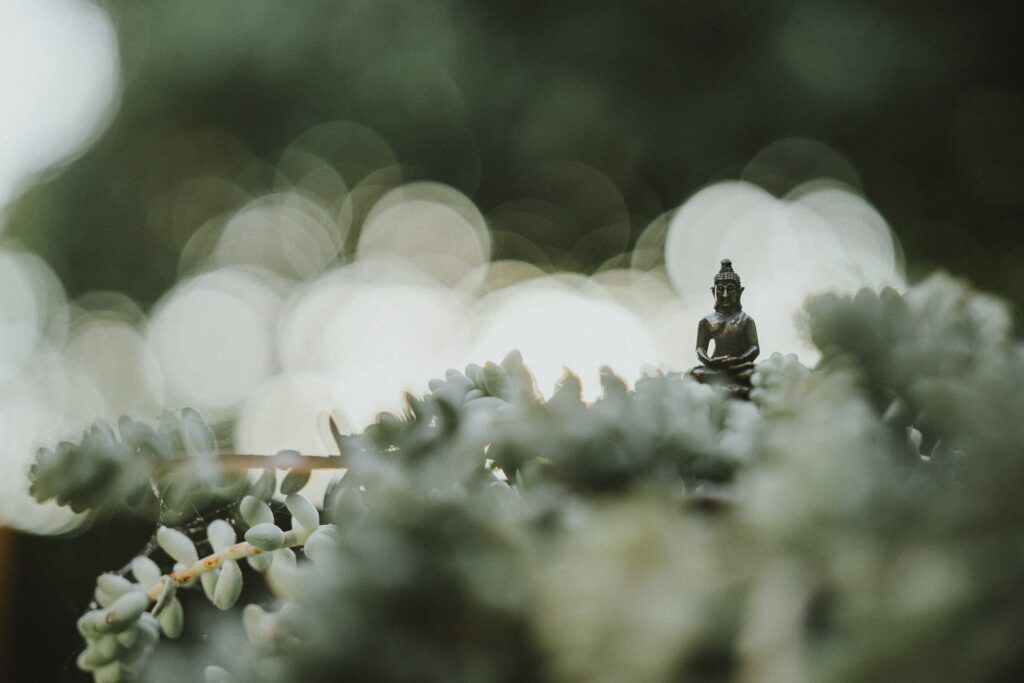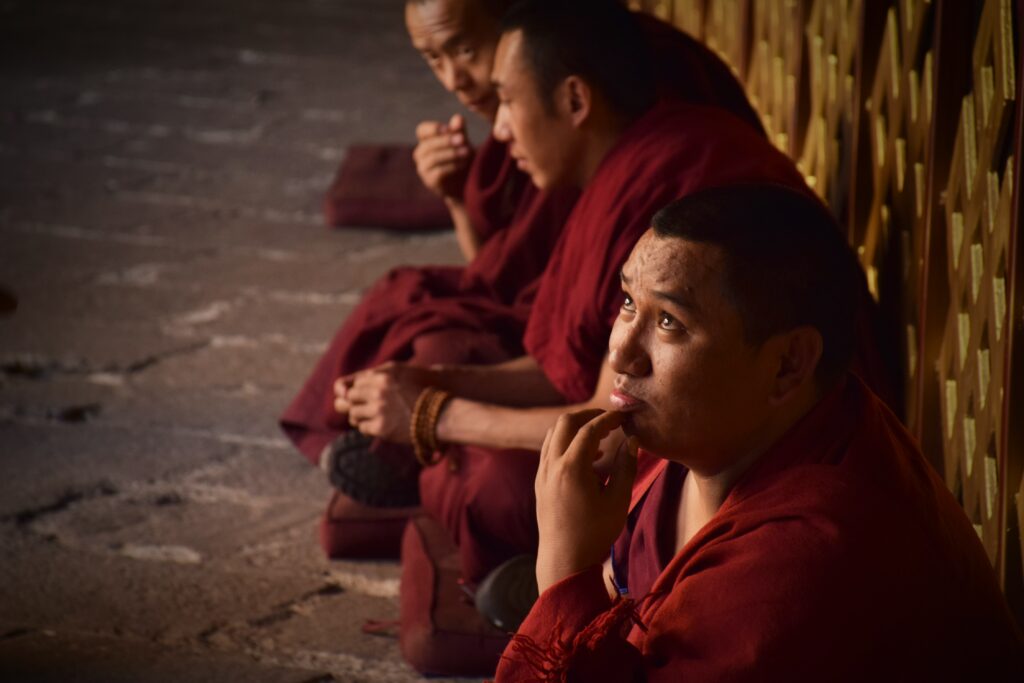Family Oriented
Today, I mentioned to someone that heathenry was very family-oriented, without providing any additional details. Subsequently, I thought about the phrase “family-oriented” and how it is generally used. A television show that doesn’t go overboard with profanity or sexual innuendo is sometimes considered “family oriented.” Restaurants that welcome kids and don’t have bars are “family oriented.” By saying that heathenry is “family oriented,” I could just be saying that we don’t dance naked every time we get together for a holiday.
When I first began studying Vilhelm Grönbech’s The Culture of the Teutons – and “study” is the correct word, for simply reading it was never enough – I caught my first glimpse of what family meant to the heathens of old. With such statements as:
“The individuals in this community show in all their doings that they are inspired by one passion: the welfare and honour of their kin; and none of the temptations of the world can move them even for a moment to glance aside.”
…and:
“the kin … or family; a gathering of individuals so joined up into one unit that they appear incapable of independent action. …the individual cannot act without all acting with and through him; no single individual can suffer without affecting the whole circle. So absolute is the connection that the individual simply cannot exist by himself…”
…I at first choked on the words, refusing to swallow them whole. Perhaps this Grönbech fellow was a bit loose in the head. Perhaps I’d misunderstood what was being said. His words seemed akin to what we moderns might call “codependent” or some such; after all, aren’t we supposed to “look out for number one” first and foremost? As a country we have long venerated lone heroes and rugged individualists; how could we have descended from people so intrinsically bound one to another?
I refused, however, to back down. I read, and re-read; I cross referenced and analyzed. Most of all… I swallowed. While neither whole nor in one sitting, I kept taking it in, no longer choking on the words but allowing them to penetrate first my mind and then my heart. If this was how the ancient heathens thought, I was determined to absorb it to the point that I could begin to live it, to as much a degree as possible, so that I might understand something ancient and precious that seems to have been lost to time.
I am still a product of the modern world, but through this process of diligent effort to adopt the worldview of my forebears, I have learned and I have changed. When someone becomes kith or kin, whether by birth or marriage or oath, I strive to apply Grönbech’s term, “reciprocal inviolability,” to the relationship. It must flow in both directions, to the degree that circumstances permit, and it cannot be violated. Not “I’ll try” and not even “I will,” but more “I cannot fathom another option.” Violating the bond of trust between kith and kin is simply not on the list of possibilities.
This shift in thinking brought a great deal of meaning and purpose to my life. Living for self-gratification or merely to collect more possessions seems hollow and meaningless to me now as compared to dedicating my life to the betterment of the larger group of which I am a part. (That is key: as a part of the group, one helps oneself by helping the group; “reciprocal” is just as important as “inviolable”.) I will live on even after death through the contributions that I have made toward the lives of those who remain.
Over time, this evolved into the central theme of my view of what it means to be a heathen. In Ár nDraíocht Féin, an international druidic organization (of which I’ve been a member since 2009), the gods, ancestors, and spirits honored in rituals are referred to as “the three kindreds.” The ancient lore associated with heathenry speaks of mothers who watch over their kin from the otherworlds in the form of the dísir, and men, who as álfar, ward family lands. We refer to the gods and goddesses themselves as our “elder kin,” seeing them as the progenitors of the culture and values that we seek to revive. In short, heathenry is about home and family from its simplest practices to its most lofty ideals.
“Family oriented,” then, to the heathen, is about centering our lives, our goals, and our dreams around those key relationships without which everything else would be empty and valueless. It is about putting kith and kin first, never begrudgingly but with such a view that in this we find our greatest joy. It is in knowing that when we lift them up, we lift ourselves up. And when we gather as a group, it is to honor these relationships, to remember those who are not physically with us, and to strengthen and accentuate the many threads that have interwoven our destinies.














Post Comment